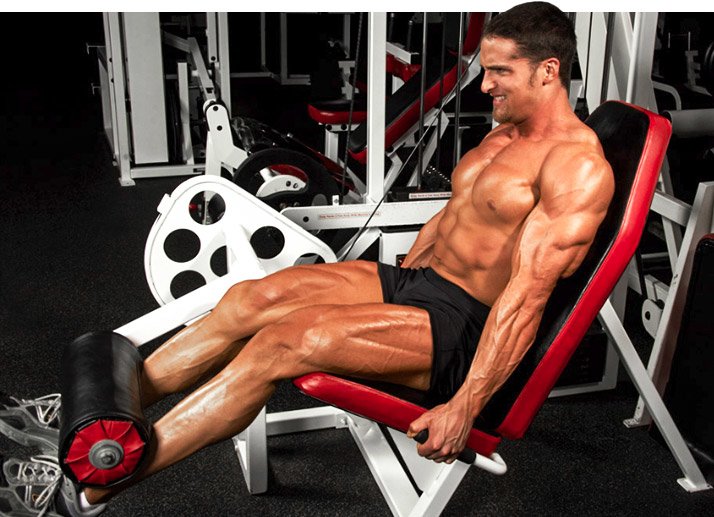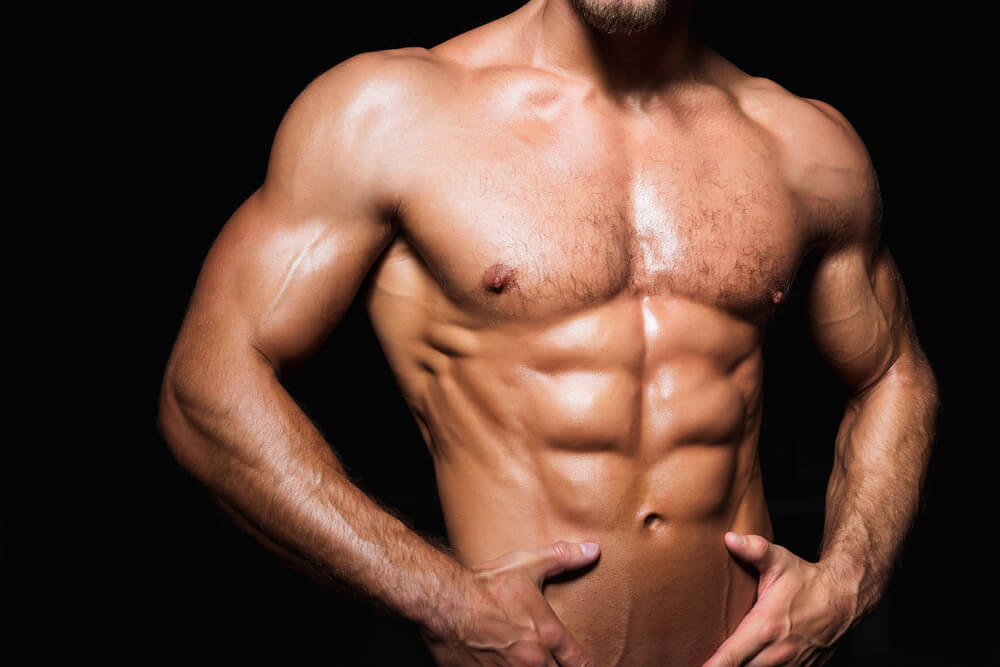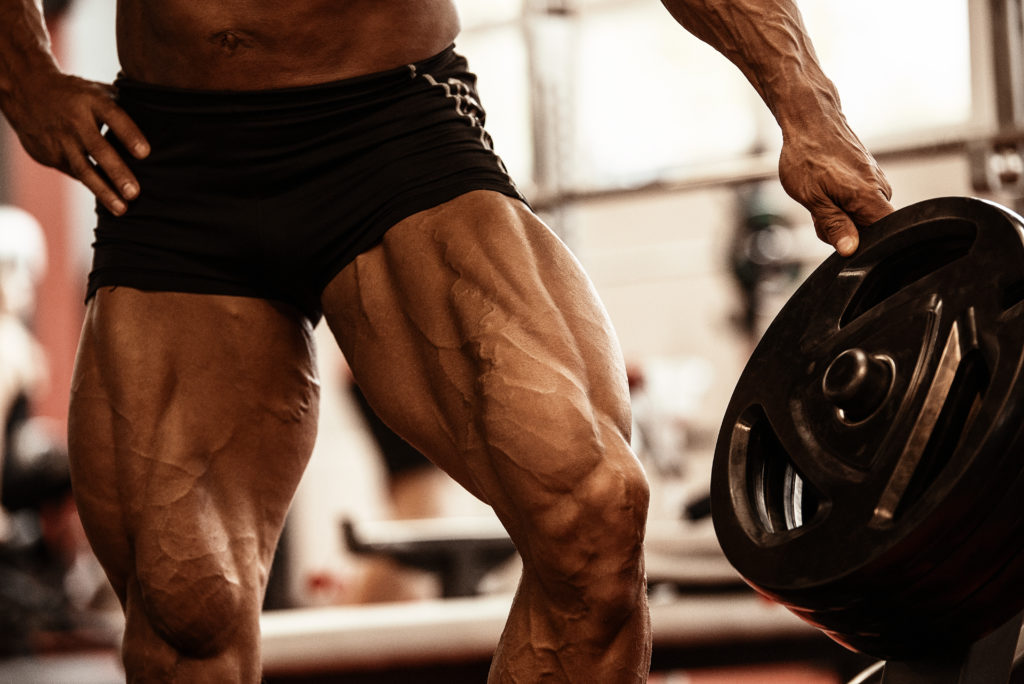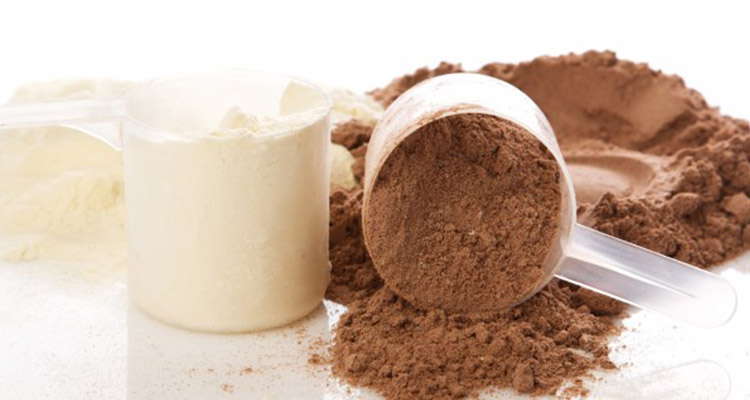MAIN | NUTRITION | SUPP STACK | WATER & SODIUM | TRAINING & CARDIO | POSING | STAGE PRESENCE
Diet, water, and sodium might be the make-or-break factors during peak week, but training remains a key yet often misunderstood variable. The video takes most of the myths about managing workouts during peak week and, quite frankly, turns them on their head.
Should you keep training or stop altogether? Should you go with higher reps to help with glycogen loading? I’m not going to give you a cookie-cutter workout; what I’m offering are answers to these questions and more.
Never again will you blow months of work with last-minute mistakes!
Train the Smart Way
Listen up: I’m don’t just have a Ph.D. in nutritional science, I’m also a pro natural bodybuilder. So I know a little something about training.
During peak weak, you have two goals: Stimulating your muscles enough to keep glycogen full in the muscle and the water where we want it: inside the muscle cell, making you look full and tight.
From Monday through Wednesday, train like you normally do, following your normal training split. Just back off to 80 percent of your normal poundage, and stop a few reps short of failure.
On the Thursday and Friday before the show, lighten the load and do 30-45 minutes of circuit training, choosing one exercise per body part and doing 10-20 reps per set. Your poundage should be about 60 percent of your normal loads.
As far as cardio goes during peak week, taper down from whatever amount you’ve been doing. Doing a bunch of extra cardio is going to be counterproductive.
By the day before the show, you shouldn’t be doing more than 15-20 minutes of cardio. You’ll still be engaged in active recovery, but you won’t be so far away from what you’ve been doing to come this far.
Allow me to correct some of the most common and harmful myths about peak week training:

Training Myth 1
I need to stop training early in peak week; otherwise, I’ll be depleting glycogen and I won’t be as full.
Truth:
Not training gives your muscles precious little reason to hold onto muscle glycogen. So not training for four or five days will decrease your potential to store glycogen.
It may even allow glucose that was stored in the muscle to start heading in the wrong direction. Granted, you shouldn’t be training hard late in the week, and you don’t want to be sore onstage, but doing a quick 20-40-minute circuit routine for one or two days leading up to the show won’t significantly decrease glycogen levels. What it will do is help drive more of the glucose you’re consuming into the muscle. That’s where you want it going.
Training Myth 2
I need to train with higher reps during peak week to help with glycogen loading.
Truth:
Don’t make any drastic alterations to your training in the final week. Those who have read my posts and articles know that I recommend a wide variety of rep ranges.
But if you’re not accustomed to doing 20-rep sets, doing them in the final week could cause inflammation, edema, and soreness in the area.
Ever see your leg definition completely disappear after a super-hard leg training session? You don’t want that when you’re stepping onstage later in the week.
MAIN | NUTRITION | SUPP STACK | WATER & SODIUM | TRAINING & CARDIO | POSING | STAGE PRESENCE






Leave a Reply
You must be logged in to post a comment.